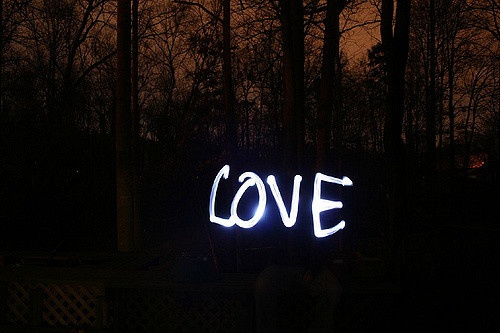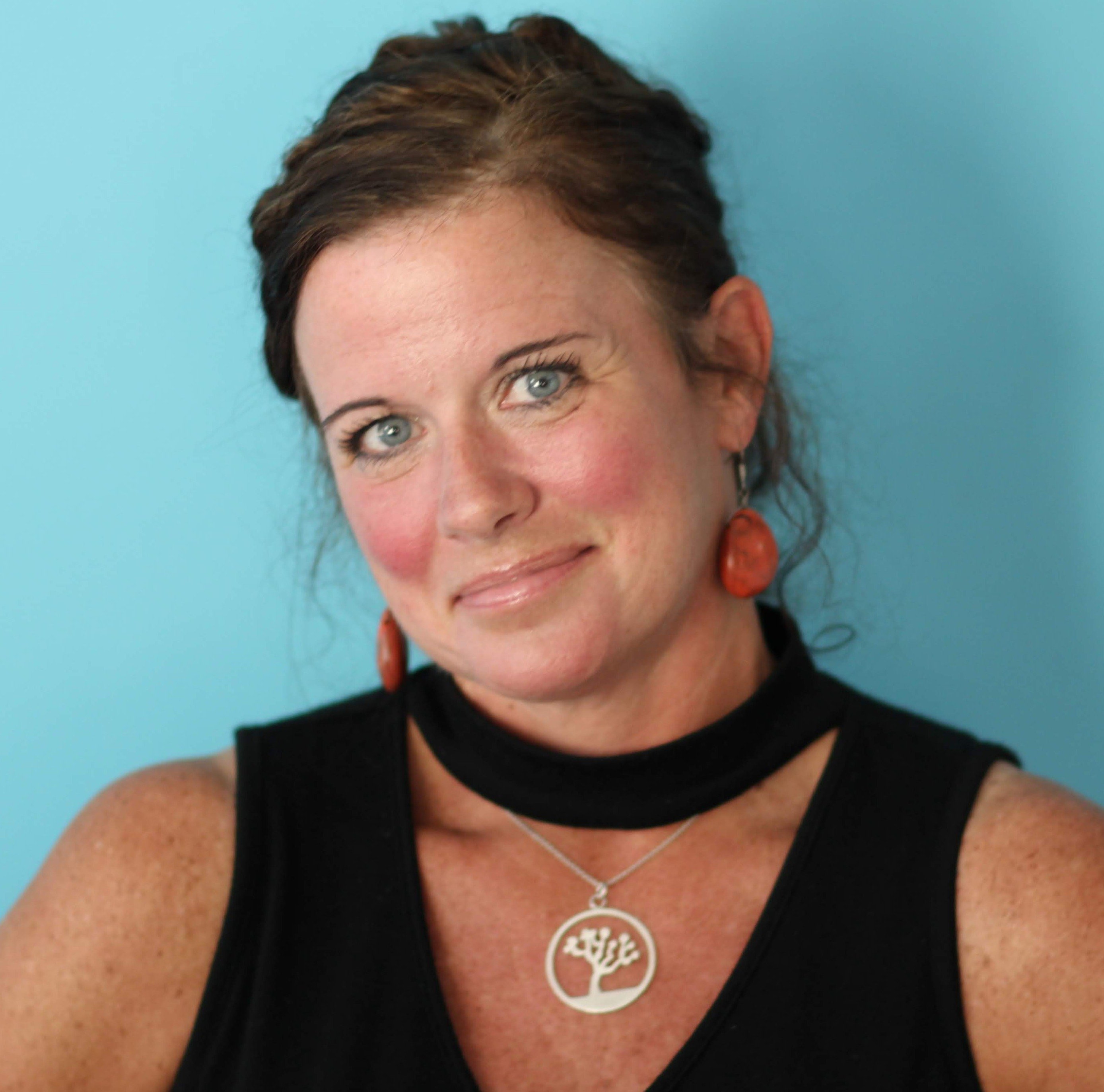The past few weeks I’ve written about forgiveness and love, of ourselves and others, as we move into this holiday season. And I think we also need to talk about kindness… to ourselves, yes, but especially towards others.
I wrote about kindness last month, on World Kindness Day, but lately I’ve been thinking about the fact that it’s easy to be kind… when it’s easy to be kind. Know what I mean?
It’s easy to be kind when I don’t believe I’m being challenged in any way. When my kindness feels like it is safe to offer, without strings or complications or threats of the unknown. But where are the limits of my kindness? Where do I draw some sort of invisible line?
I think we often draw invisible lines between ourselves and a perceived “other.” When someone doesn’t fit into the mold of how we think they should look/behave/dress/eat/talk/move/pray/think/love. When your way is different than mine, am I more cautious in handing out my kindness? When you’ve been stereotyped into a “type,” does my response toward you fall into support of that stereotype?
I’m challenging myself on this one right now, because I think it’s an important thing for us to challenge ourselves on.
For example, I’m in New York. I’m often in New York. So, the next time I get on the subway am I going to look around for someone who looks like the man that walked into a busy subway station this very morning with a bomb strapped to his chest? And if I do see someone who looks like him, will I find myself withholding kindness—whether in actions or simply in thoughts?
Also, I’m a woman. So the next time I have occasion to meet or interact with a man in a position of power, am I going to find myself assuming some kind of malicious intent on his part, and pre-emptively withhold warmth or kindness in defense of that assumption?
If I walk past someone sitting on the street or standing on the side of the road and holding a sign that’s literally asking for some kind of kindness, am I going to walk or drive right on past because I’ve made assumptions about their circumstances and decide they are somehow less “deserving” of my kindness?
If someone moves to my neighborhood with very different customs, traditions, and background than what are known and comfortable to me, do I lead with kindness or do I lead with caution?
I consider myself to be a very kind person, in general, and as I’ve said before kindness is really important to me. So it could be tempting for me to just say “oh, kindness… I’ve got that thing down”—and keep moving on.
But that’s complacent kindness, and it’s incomplete.
If we’re not checking in with ourselves from time to time, and taking an honest look at the moments/ways/places we might be even unconsciously holding back our kindness, then there will always be more walls that divide us than there could be… than there should be.
Fear comes in many forms, and one of the forms it takes is fear of the unknown. A perceived "other" is unknown. And if we're not careful, fear pushes kindness aside, and leads us down a divisive path.
I don't want to let fear in. I want kindness in. I want kindness.
This holiday season, how can you be expansive in your kindness?




Comments [0]
Click here to read/write comments